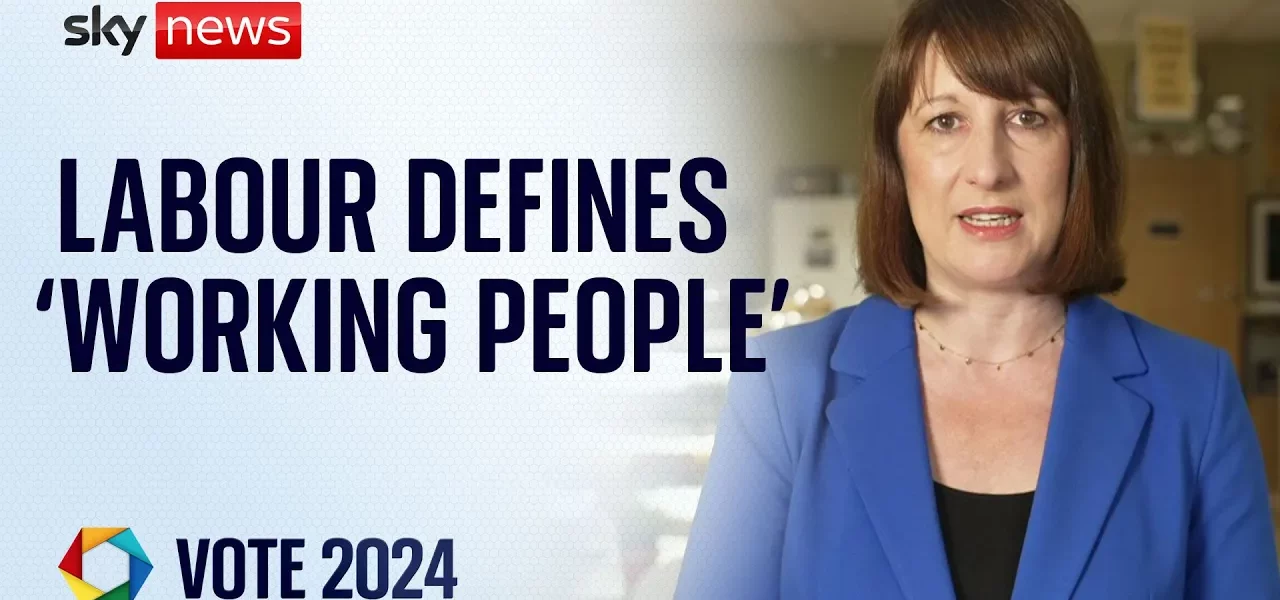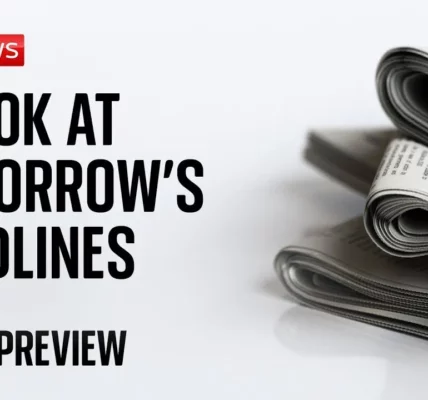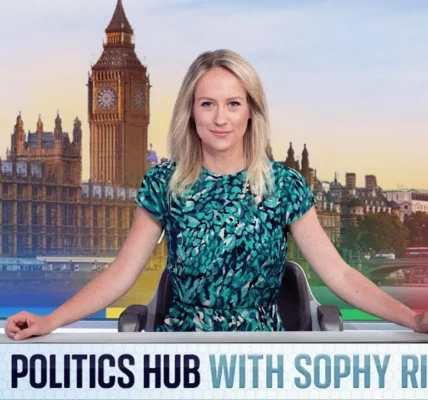Inflation Figures and the Cost of Living Crisis: Labor’s Economic Policies

This article delves into the recent inflation figures in the UK, the ongoing cost of living crisis, and the Labour Party’s comprehensive plans aimed at supporting working families and improving the economy.
Introduction
Inflation has recently returned to its target for the first time in nearly three years, a development that has sparked discussions across the political spectrum. While some celebrate this as a sign of recovery, others remain cautious, recognizing that the cost of living crisis persists for many families. This article explores the implications of these inflation figures, the ongoing economic challenges faced by working people, and the Labour Party’s vision for a better economic future.
The Current State of Inflation
Recent data indicates that inflation rates have decreased, prompting a mixed response from various political factions. While the government may tout this as a success, the reality remains complex. Here are several key points to consider regarding the current inflation climate:
- Inflation has returned to the target level set by the Bank of England.
- Despite falling inflation rates, prices of essential goods and services remain high.
- The cost of living crisis continues to affect many households, particularly those with lower incomes.
Understanding the Cost of Living Crisis
Who Are the Working People?
The term “working people” encompasses individuals who earn their livelihoods through regular employment. This group faces unique challenges, particularly during economic downturns. Key characteristics include:
- Dependence on salaries from jobs in various sectors.
- Limited financial reserves to cope with unexpected expenses.
- Reliance on public services, which can be stretched during tough economic times.
Impact of Inflation on Working Families
As inflation persists, working families are feeling the pinch in several areas:
- Rising costs of basic necessities, such as food and energy.
- Increased mortgage and rent payments, particularly following recent budgetary decisions.
- The burden of higher energy prices due to geopolitical factors, including reliance on foreign energy sources.
Labour’s Economic Policy Proposals
The Labour Party has outlined a comprehensive strategy aimed at addressing the needs of working people and revitalizing the economy. Key elements of their plan include:
Tax Reform
Labour’s approach to tax reform focuses on ensuring fairness and accountability:
- Implementing stricter regulations on private equity taxation.
- Cracking down on non-domiciled tax status to ensure equitable contributions from all citizens.
- Inviting energy companies to contribute more significantly to the national economy given their substantial profits.
Economic Growth Strategy
To escape the cycle of high taxes and low growth, Labour proposes:
- Investment in public services, including education, healthcare, and infrastructure.
- Strategies to boost economic growth that would ideally result in an additional £150 billion for the economy.
- Establishing a fiscal lock to prevent chaotic budgetary practices in the future.
Conclusion
While the recent inflation figures may provide a glimmer of hope, they do not tell the full story. The cost of living crisis remains a pressing issue for many families across the UK. The Labour Party’s commitment to reforming tax policies and prioritizing economic growth represents a significant shift aimed at supporting working people. As the next election approaches, it is crucial for voters to consider which path will best serve the needs of the economy and its citizens. For those seeking more information on related topics, check out our articles on tax reform and economic growth strategies.
“`




